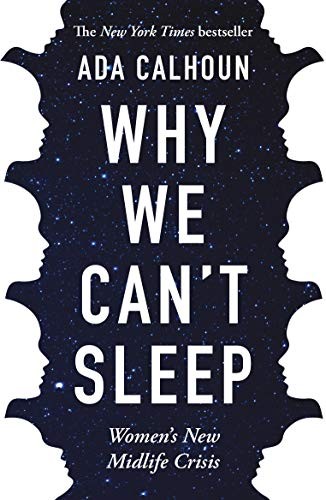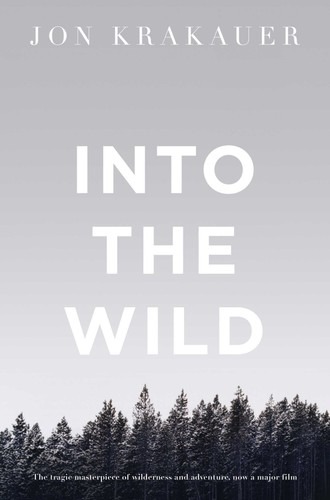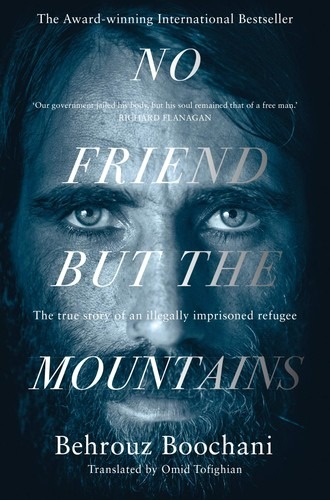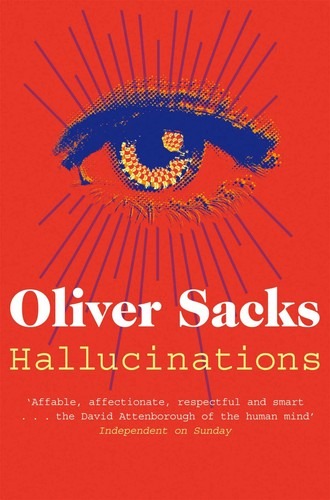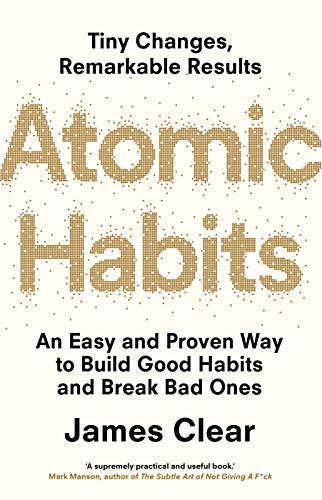Chip War: The Fight for the World’s Most Critical Technology
4.600,00 د.ج
***Winner of the 2022 Financial Times Business Book of the Year Award***’Pulse quickening. A nonfiction thriller – equal parts The China Syndrome and Mission Impossible ‘ New York Times An epic account of the decades-long battle to control the world’s most critical resource—microchip technologyPower in the modern world – military, economic, geopolitical – is built on a foundation of computer chips. America has maintained its lead as a superpower because it has dominated advances in computer chips and all the technology that chips have enabled. (Virtually everything runs on cars, phones, the stock market, even the electric grid.) Now that edge is in danger of slipping, undermined by the naïve assumption that globalising the chip industry and letting players in Taiwan, Korea and Europe take over manufacturing serves America’s interests. Currently, as Chip War reveals, China, which spends more on chips than any other product, is pouring billions into a chip-building Manhattan Project to catch up to the US. In Chip War economic historian Chris Miller recounts the fascinating sequence of events that led to the United States perfecting chip design, and how faster chips helped defeat the Soviet Union (by rendering the Russians’ arsenal of precision-guided weapons obsolete). The battle to control this industry will shape our future. China spends more money importing chips than buying oil, and they are China’s greatest external vulnerability as they are fundamentally reliant on foreign chips. But with 37 per cent of the global supply of chips being made in Taiwan, within easy range of Chinese missiles, the West’s fear is that a solution may be close at hand. ‘A riveting history. Features vivid accounts and colourful characters’ Financial Times’Fascinating…A historian by training, Miller walks the reader through decades of semiconductor history – a subject that comes to life thanks to [his] use of colorful anecdotes’ Forbes ‘Indispensable’ Niall Ferguson
***Winner of the 2022 Financial Times Business Book of the Year Award***’Pulse quickening. A nonfiction thriller – equal parts The China Syndrome and Mission Impossible ‘ New York Times An epic account of the decades-long battle to control the world’s most critical resource—microchip technologyPower in the modern world – military, economic, geopolitical – is built on a foundation of computer chips. America has maintained its lead as a superpower because it has dominated advances in computer chips and all the technology that chips have enabled. (Virtually everything runs on cars, phones, the stock market, even the electric grid.) Now that edge is in danger of slipping, undermined by the naïve assumption that globalising the chip industry and letting players in Taiwan, Korea and Europe take over manufacturing serves America’s interests. Currently, as Chip War reveals, China, which spends more on chips than any other product, is pouring billions into a chip-building Manhattan Project to catch up to the US. In Chip War economic historian Chris Miller recounts the fascinating sequence of events that led to the United States perfecting chip design, and how faster chips helped defeat the Soviet Union (by rendering the Russians’ arsenal of precision-guided weapons obsolete). The battle to control this industry will shape our future. China spends more money importing chips than buying oil, and they are China’s greatest external vulnerability as they are fundamentally reliant on foreign chips. But with 37 per cent of the global supply of chips being made in Taiwan, within easy range of Chinese missiles, the West’s fear is that a solution may be close at hand. ‘A riveting history. Features vivid accounts and colourful characters’ Financial Times’Fascinating…A historian by training, Miller walks the reader through decades of semiconductor history – a subject that comes to life thanks to [his] use of colorful anecdotes’ Forbes ‘Indispensable’ Niall Ferguson
| Editeur |
|---|
Produits similaires
Why We Can’t Sleep: Women’s New Midlife Crisis
Calhoun decided to find some answers. She looked into housing costs, HR trends, credit card debt averages and divorce data. At every turn, she saw a pattern: sandwiched between the Boomers and the Millennials, Gen X women were facing new problems as they entered middle age, problems that were being largely overlooked.
Speaking with women across America about their experiences as the generation raised to 'have it all,' Calhoun found that most were exhausted, terrified about money, under-employed, and overwhelmed. Instead of their issues being heard, they were told instead to lean in, take 'me-time' or make a chore chart to get their lives and homes in order.
In Why We Can't Sleep, Calhoun opens up the cultural and political contexts of Gen X's predicament and offers solutions for how to pull oneself out of the abyss - and keep the next generation of women from falling in. The result is reassuring, empowering and essential reading for all middle-aged women, and anyone who hopes to understand them.
An Anthropologist on Mars
Broken: in the Best Possible Way
‘Broken is the party of the year . . . I loved it’ - Sarah Knight, bestselling author of The Life-Changing Magic of Not Giving a F**k
As her fans already know, Jenny Lawson suffers from depression. In Broken, Jenny humanizes what we all face in an all-too-real way, reassuring us that we’re not alone and making us laugh while doing it. Of course, Jenny’s long-suffering husband Victor, the Ricky to Jenny’s Lucille Ball, is along for the ride.
Hilarious, heart-warming and honest, Broken is about living, surviving, and thriving. A beacon of hope and a wellspring of laughter when we all need it most.
A New York Times, Washington Post and LA Times bestseller.
No Friend but the Mountains: The True Story of an Illegally Imprisoned Refugee
In 2013, Kurdish journalist Behrouz Boochani sought asylum in Australia but was instead illegally imprisoned in the country’s most notorious detention centre on Manus Island. He has been there ever since. This book is the result.
Behrouz Boochani spent nearly five years typing passages of this book one text at a time from a secret mobile phone in prison. Compiled and translated from Farsi, they form an incredible story of how escaping political persecution in Iran, he ended up trapped as a stateless person. This vivid, gripping portrait of his years of incarceration and exile shines devastating light on the fates of so many people as borders close around the world.
No Friend but the Mountains is both a brave act of witness and a moving testament to the humanity of all people, in the most extreme of circumstances.
'A brilliant book. No Friend but the Mountains can rightly take its place on the shelf of world prison literature . . . It is a profound victory for a young poet who showed us all how much words can still matter.' - Richard Flanagan, Booker Prize winning author of The Narrow Road to the Deep North



